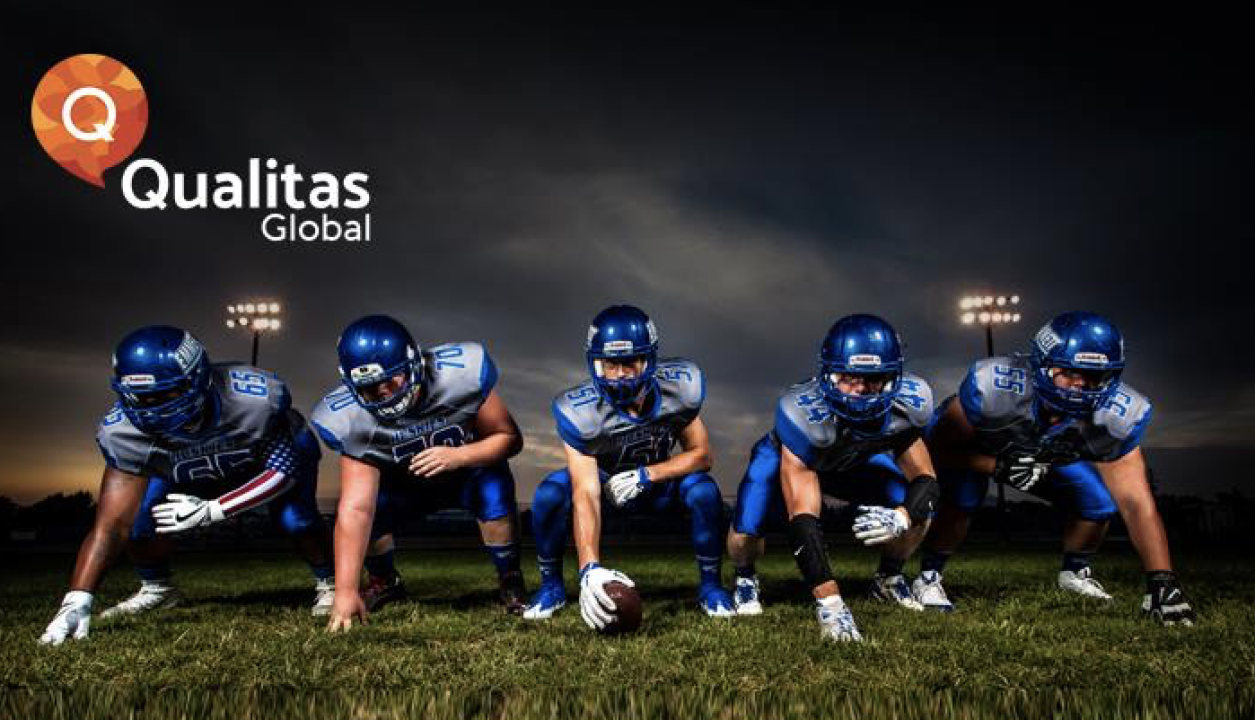In recent years, sport annotation has emerged as a revolutionary tool, fundamentally transforming the way we experience, analyze, and enjoy sports. From enhancing live broadcasts to providing deeper insights for coaches and players, the applications of sport annotation are vast and varied. This innovative approach leverages cutting-edge technologies to deliver unprecedented levels of detail and accuracy, ultimately changing the landscape of sports analysis and engagement.
Our Services: https://www.qualitasglobal.com/services/
What is Sport Annotation?
Sport annotation involves the systematic tagging of various elements within sports footage. This process can include tracking player movements, specific plays, ball trajectories, and even crowd reactions. By breaking down complex actions into annotated segments, sport analysts can derive meaningful insights that are useful for performance analysis, strategic planning, and fan engagement.
Why is Sport Annotation Important?
- Enhanced Viewer Experience: Annotations provide real-time statistics and highlights during live broadcasts, making the viewing experience more engaging and informative. Viewers can gain deeper insights into the game, enhancing their overall experience.
- Performance Analysis: Coaches and players can use annotated footage to analyze strengths, weaknesses, and areas for improvement. This detailed analysis helps in developing targeted training programs and strategic game plans.
- Training and Development: Young athletes can benefit from detailed analysis of their performance, helping them understand their game better and improve their skills. This can be crucial for their development and progression in their respective sports.
- Fan Engagement: Annotated clips and highlights can be shared on social media, increasing fan interaction and engagement with the sport. This helps in building a loyal fan base and expanding the sport’s reach.
How is Sport Annotation Performed?
Sport annotation typically involves the use of advanced technologies, including computer vision, machine learning, and artificial intelligence (AI). Here’s a step-by-step breakdown of the process:
- Data Collection: High-quality video footage of the sports event is collected from multiple camera angles to capture all aspects of the game. This comprehensive data collection is crucial for accurate analysis.
- Preprocessing: The footage is preprocessed to enhance quality and prepare it for analysis. This may include noise reduction, stabilization, and frame rate adjustment. These steps ensure that the data is clean and ready for accurate annotation.
- Annotation: Specialized software is used to tag various elements within the footage. This can be done manually by trained annotators or automatically using AI algorithms. Manual annotation ensures high accuracy, while AI-driven annotation increases efficiency.
- Analysis and Visualization: The annotated data is analyzed to extract valuable insights, which are then visualized in a user-friendly manner. This can include heat maps, player tracking, and performance graphs, providing clear and actionable insights.
What Technologies are Used in Sport Annotation?
Sport annotation relies heavily on cutting-edge technologies. Some of the key technologies include:
- Computer Vision: This technology enables machines to interpret and understand visual information from the video footage. It plays a crucial role in detecting and tracking objects and players in the footage.
- Machine Learning: Algorithms are trained to recognize patterns and make predictions based on annotated data. This allows for more accurate and efficient analysis of sports footage.
- Artificial Intelligence: AI can automate the annotation process, making it faster and more accurate. This reduces the time and effort required for manual annotation and increases the overall efficiency of the process.
- Drones and Wearables: These devices can capture unique angles and real-time data, providing a comprehensive view of the game. Drones offer aerial perspectives, while wearables track player movements and health metrics.
What are the Challenges in Sport Annotation?
While sport annotation offers numerous benefits, it also comes with its set of challenges:
- Accuracy: Ensuring that annotations are accurate and consistent is crucial for reliable analysis. Inaccurate annotations can lead to incorrect insights and decisions.
- Data Volume: The sheer volume of data generated during sports events can be overwhelming, making it difficult to manage and analyze effectively. Efficient data management and storage solutions are essential.
- Integration: Integrating annotated data with other systems, such as coaching software and broadcast tools, can be complex. Seamless integration is necessary to maximize the benefits of sport annotation.
- Cost: High-quality annotation requires advanced technology and skilled personnel, which can be costly. Balancing cost with the quality of annotations is a significant challenge.
What is the Future of Sport Annotation?
The future of sport annotation looks promising, with advancements in technology continuing to push the boundaries of what’s possible. Some future trends include:
- Real-Time Annotation: With the development of faster and more efficient AI algorithms, real-time annotation during live broadcasts is becoming a reality. This will enhance the viewer experience by providing instant insights.
- Enhanced Fan Engagement: Interactive features, such as augmented reality (AR) and virtual reality (VR), will provide fans with an immersive experience. These technologies will revolutionize how fans interact with sports content.
- Player Health and Safety: Advanced annotation can help monitor player health, track injuries, and suggest preventive measures. This will be crucial for ensuring the well-being of athletes.
- Data Integration: Seamless integration of annotated data with various sports analytics platforms will provide a holistic view of performance. This will enhance the effectiveness of data-driven decision-making.
How Can Teams and Organizations Benefit from Sport Annotation?
Teams and sports organizations can leverage sport annotation in numerous ways:
- Performance Optimization: Detailed analysis helps in identifying areas for improvement and developing targeted training programs. This can lead to enhanced performance and better results.
- Strategic Planning: Coaches can devise better game strategies based on insights derived from annotated footage. This will give teams a competitive edge.
- Talent Scouting: Scouts can use annotations to evaluate potential recruits more effectively. This will streamline the talent identification and recruitment process.
- Fan Base Expansion: Engaging content created from annotated footage can help in expanding the fan base and increasing loyalty. This will be beneficial for the overall growth of the sport.
In conclusion, sport annotation is transforming the way we experience and analyze sports. By leveraging advanced technologies and detailed analysis, it enhances performance, strategic planning, and fan engagement. As technology continues to evolve, the future of sport annotation looks even more promising, with real-time capabilities, immersive experiences, and improved player health and safety. Teams and organizations that embrace this innovative approach stand to gain a significant competitive advantage.
About Qualitas Global
Qualitas Global emerged as an early leader in data collection & annotation in India back in 2014. Recognizing the potential of ML & AI, our visionary CEO, Mr. Neville Patel, collaborated with German data scientists & a renowned Fortune 3 company by 2015.
With an exponential rise in demand for premium data to train ML models & AI systems, we have processed over 400 million+ datasets. Today, Qualitas Global stands at the forefront of providing AI / ML consulting services, Data collection & Curation, Data Annotation & Sports Annotation & Analytics, setting new industry benchmarks.
Contact Information:
NETHERLANDS
Qualitas Global Services B.V.
Europalaan 400-1, 3526 KS, Utrecht, Netherlands.
INDIA
Cerebrum IT Park B3, Office 1A -1C, 3rd Floor,
Kalyani Nagar, Pune 411 014.
GERMANY
Representative Office
Carl-Benz-Straße 21, 60386 Frankfurt, Germany



